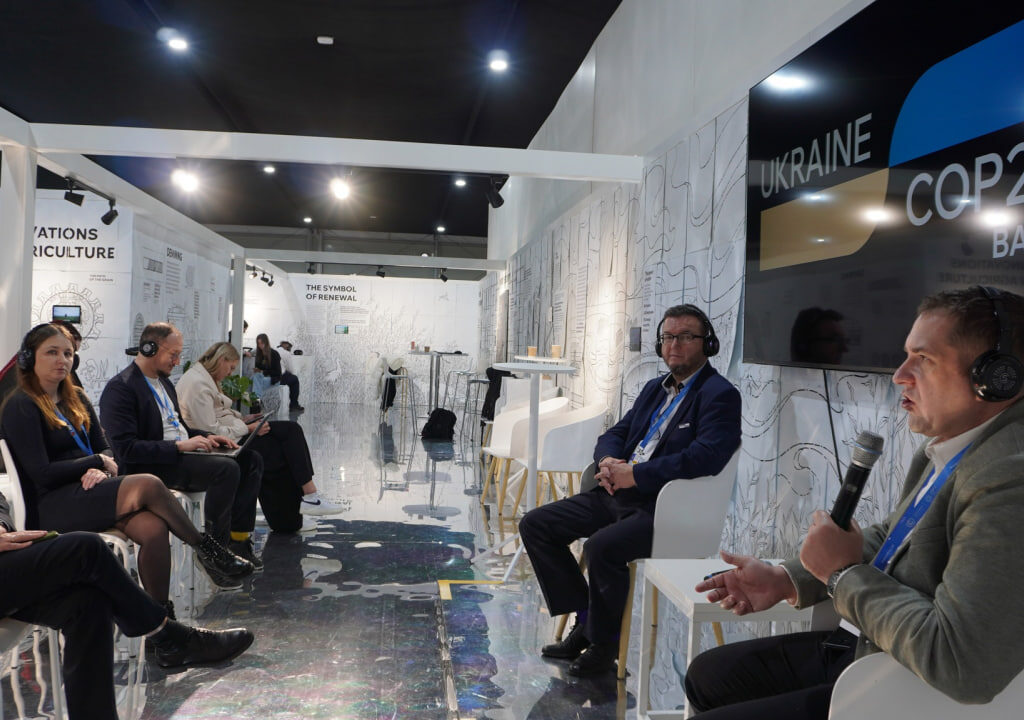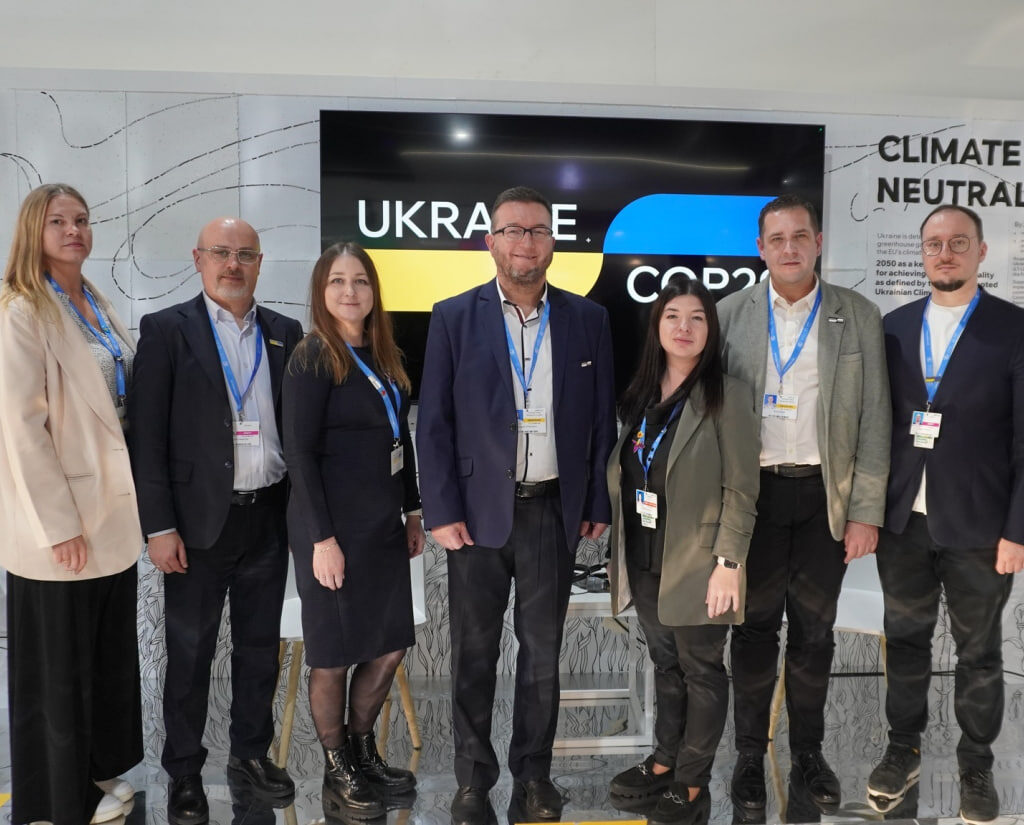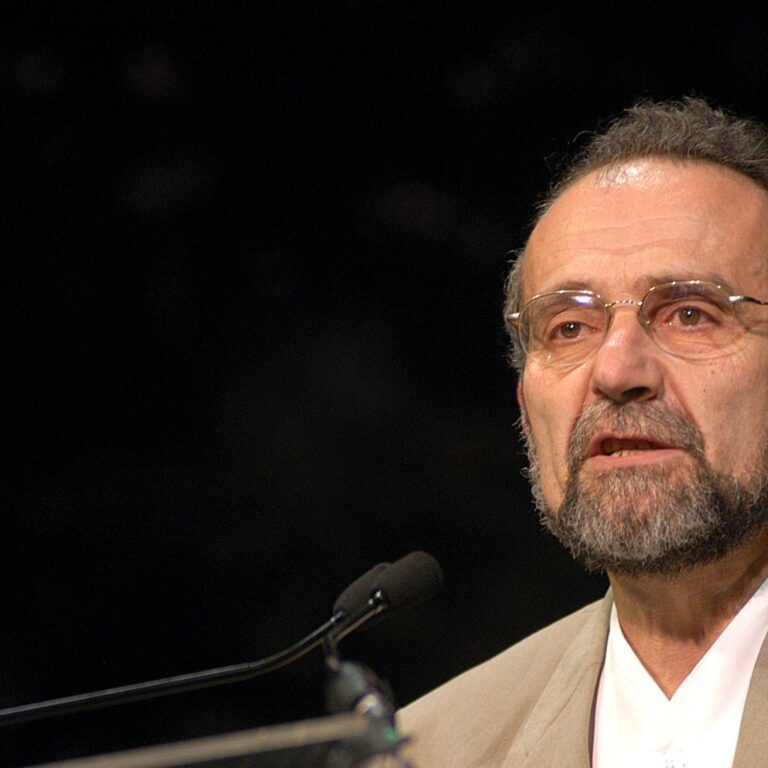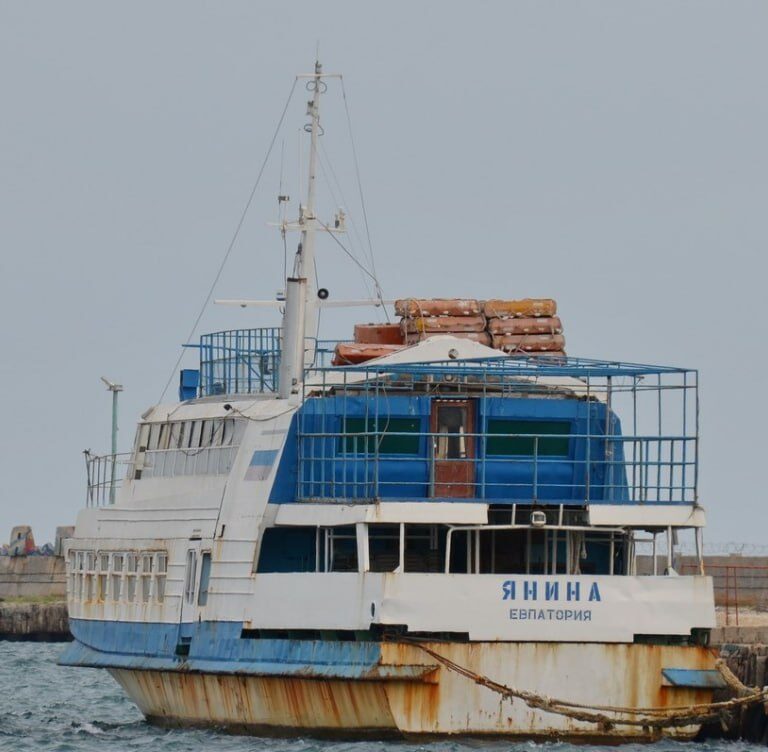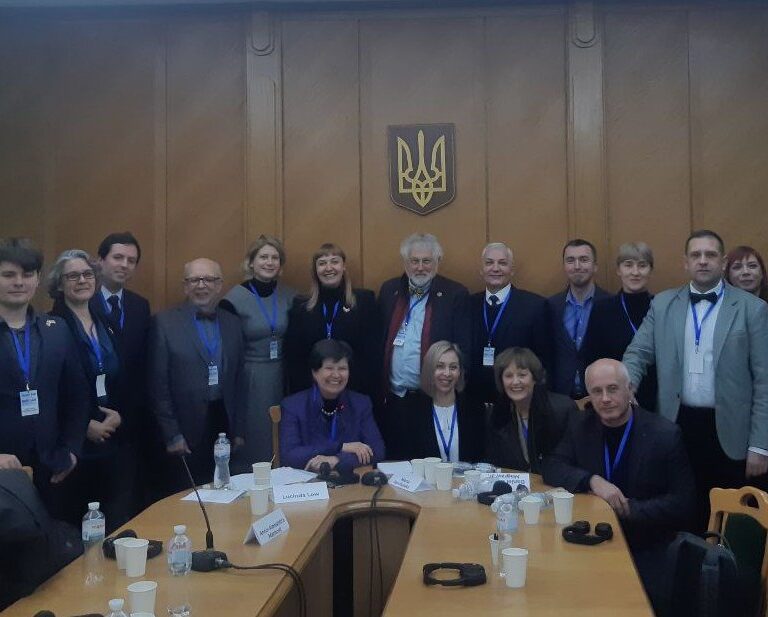On November, 21 expert of our Association, Professor Borys Babin took part in side-event “Russian Aggression, Indigenous Peoples and Climate Change: Crimea Dimension” held in Ukrainian Pavilion of UN Framework Convention on Climate Change (COP-29), that finalised its activities in Baku, Azerbaijan.
During this side-event, organised by Crimean Tatar Resource Center, with participation of Professor Ievgen Khlobystov from National University Kyiv-Mohyla Academy, Eskender Bariiev, member of Mejlis of Crimean Tatar People, Ihor Krainov, Chief researcher of National Scientific Center Institute of Forensic Expertise named after Prof. Bokarius and Liudmyla Korotkykh, the key issues of Russian crimes against the environment were highlighted.
In his report Professor Babin, who moderated that side-event, stressed that the level of hostilities in Ukraine is unprecedented for modern humanity and that it has no clear prospect of minimization in the coming months, the above risks and challenges have a strong and direct impact on the issue of climate changes.
Issues of compensation for the damage and losses, connected with Russia’s attacks against climate in Ukraine, including Crimea, are especially actual ones, expert Babin added.
He stressed that issues of sustainable development, challenges of climate change and the new reality of artificial intelligence as a hypothetical international crimes’ subject must be taken into consideration while advancing accountability for environmental crimes under the Rome Statute.
Russian illegal maritime activities, including the transfer of oil and other kinds of carbon fuel, created new challenges in area of climate change and such activities violate brutally as Paris Agreement, so the international maritime law, Professor Babin pointed and reminded that it seems to be that negative climate changes are not the side effect of Russian aggression against Ukraine, but it is one of its major goals.
